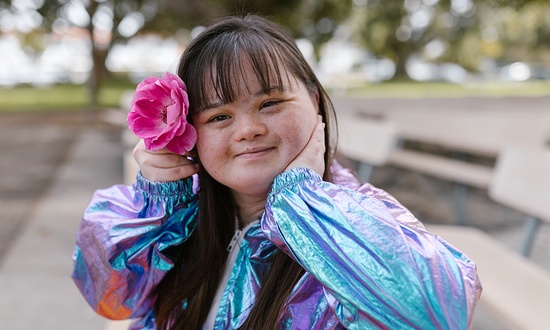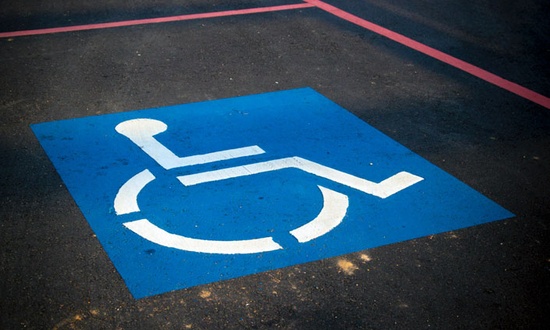Question from a reader:
I’m reading Randy’s If God Is Good and am wondering whether he would consider children with learning disabilities to be sinners? As a parent of two disabled children, I call them angels of earth as I know that they have never had an evil thought on their minds. They are truly without sin just like Jesus, and we were blessed by God when they were born to us! In Randy’s book, I believe he considers all humans as sinners, so I would have to take exception to that based on my experience of raising my children. He does say in this book that disabilities are given by God for His purposes on Earth, and I believe that to be true. It’s truly our hope and prayers that ALL learning-disabled children and adults would be treated with the honor and respect that they deserve! That thinking is slow to evolve in our country today, unfortunately.
Answer from Stephanie Anderson, EPM staff:
Parents of disabled children have been entrusted with a very special gift—there is no doubt these children are precious and loved by God, their Creator and Maker. I have an older sister (now with Jesus) who was born with severe chromosomal and neurological disabilities, so I can understand where you are coming from.
Randy absolutely agrees that the disabled should be treated with respect and dignity. One of EPM’s favorite ministries is Joni and Friends, which reaches out to disabled people around the world.
Randy has written some thoughts here, which relate to infants who die, and also apply to the mentally handicapped. He explains that the clear teaching of Scripture is that “In Adam, all mankind sinned (Romans 5:12). We’re conceived sinners (Psalm 51:5). Thus, children, as well as the mentally handicapped, have a sin nature and are separated from God.”
That’s what makes Jesus’ gift of salvation such good news—we all so desperately need Him! He is the only one who has ever been conceived and born without sin. “For our sake he made him to be sin who knew no sin, so that in him we might become the righteousness of God” (2 Corinthians 5:21).
Randy writes elsewhere on this topic of the salvation of infants/the mentally disabled, “I think we should view Scripture as largely silent on this subject, leaving us to draw from its principles and to trust in the character of our God. …I do take great comfort in both the mercy and justice of God, and that He is free to do things that do not fit within the obvious confines of our understanding of salvation.”
Randy has also cited Genesis 18:25 over the years, and said, “God is both just and gracious. ‘Shall not the Judge of all the earth do right?’ Abraham asked, and it is a rhetorical question that assumes and demands a ‘yes’ answer.”
That’s always a good place to land—trusting in God’s character, especially His faithfulness and mercy. Personally, my family has found great comfort in picturing my sister now being home with Jesus, experiencing the best of life in Christ’s presence, and also anticipating the resurrection, when she will be able to walk and talk and laugh. What an amazing reunion that will be!
(One point of clarification, since it can be easily confused in our culture: I’m guessing by “angels” you were highlighting their preciousness, but it’s worth stating that our loved ones here, and those with Christ, are fully human, and not angels. Angels will always be angels and people will always be people. Humans are eternally human. Death involves relocation to a different place and transformation into better humans, not into nonhumans. You can read more thoughts from Randy on this subject here.)
May God bless your tender heart for the disabled.
Photo: Pexels




